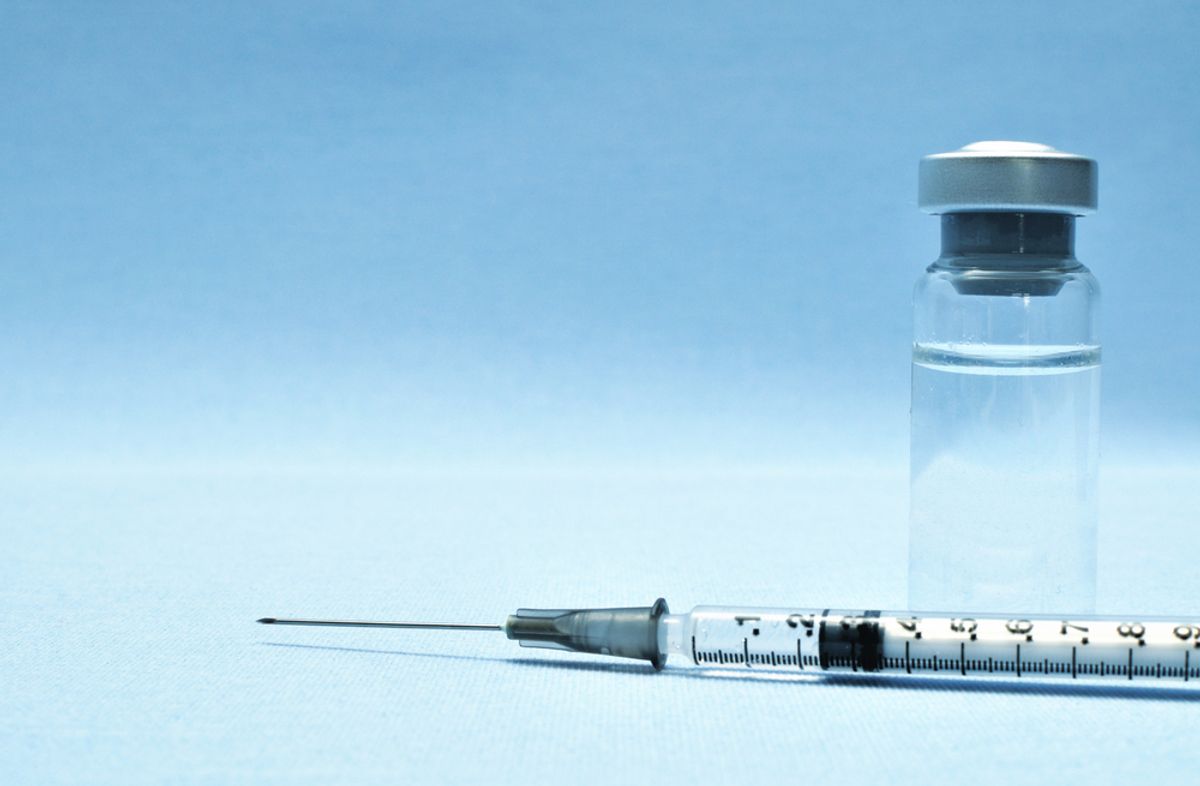Federal researchers have faced a major setback in the pursuit of an HIV vaccine, shutting down a clinical trial on Thursday after determining that volunteers who received the vaccination shot were more likely to contract the virus than those who were given a placebo. The vaccine also failed to reduce virus levels in the blood of volunteers who contracted HIV, according to the National Institute of Allergy and Infectious Diseases.
NIAID head Dr. Anthony Fauci called the results of the trial a "disappointment" but added that the study yielded "important information" that would help guide future research.
The study began in 2009, and researchers had immunized half of the 2,504 volunteers with a DNA-based vaccine called HVTN 505 that was intended to "prime the immune system to attack the AIDS virus. Then a different vaccine, encasing the same material inside a shell made of a disabled cold virus, acts as a booster shot to strengthen that response. Neither vaccine could cause HIV," according to the Associated Press.
The AP goes on to report:
The idea was to train immune cells known as T cells to spot and attack the very earliest HIV-infected cells in someone's body. The hope was that the vaccine could either prevent HIV infection, or help those infected anyway to fight it.
A safety review this week found that slightly more study participants who had received the vaccine later became infected with HIV. It's not clear why. But the difference wasn't statistically significant, meaning it may be due to chance. Overall, there were 41 HIV infections in the vaccinated group and 30 among placebo recipients. When researchers examined only participants diagnosed after being in the study for at least 28 weeks -- long enough for the shots to have done their job -- there were 27 HIV infections among the vaccinated and 21 among the placebo recipients.
While the study was officially suspended on Thursday, researchers will continue to monitor the health of the volunteers and NIAID announced in a statement that it remains "committed to the pursuit of a highly effective, preventive HIV vaccine as part of a multifaceted HIV prevention research program."



Shares